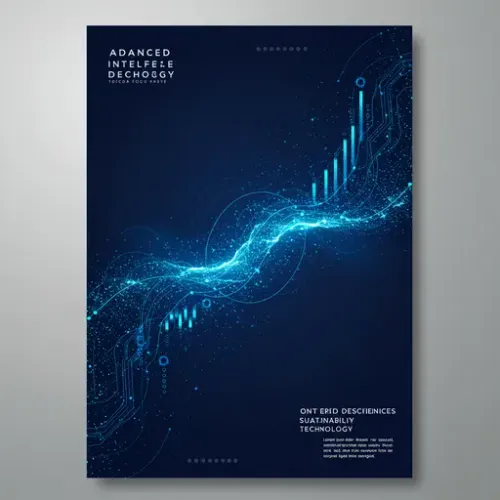Artificial intelligence is here. Will it replace teachers?

The AI Report
Daily AI, ML, LLM and agents news
The integration of artificial intelligence into education presents a pivotal question: will AI become an indispensable partner for teachers, or does it pose a threat to their roles? While initial anxieties often lean towards job displacement, a closer examination reveals AI's profound potential to revolutionize teaching, empowering educators and enriching learning experiences, rather than diminishing the human touch essential to the classroom.
\n\nBeyond Displacement: AI as an Ally in Education
\nThe narrative of AI replacing human jobs is a common one, and education is not immune. A recent Pew Research Center study revealed that nearly a third of AI experts anticipate a reduction in teaching roles over the next two decades due to AI. This concern is particularly sharp given the persistent teacher shortage; the Learning Policy Institute highlights that approximately one in eight teaching positions remain unfilled or are staffed by under-certified individuals. This dual challenge begs the question: can AI alleviate these pressures, or does it add another layer of complexity?
\n\nThe Consensus: Augment, Not Automate Fully
\nAcross the educational spectrum, the prevailing view is clear: AI should augment, not replace, the human educator. Eric Jenkins, Indiana's Teacher of the Year, articulates this precisely, noting AI can handle "some parts" of teaching, but never the teacher themselves. Similarly, Idaho Superintendent Debbie Critchfield firmly states, "In no universe do I think that AI is going to replace a teacher." Even the White House's action plan on AI underscores its role in complementing human work to improve lives. This shared understanding reinforces a fundamental truth: the teacher remains the cornerstone of the classroom, with AI serving as a powerful, supportive tool.
\n\nThe Indispensable Human Element: Cultivating Connection
\nWhat sets a human teacher apart from even the most advanced AI? The capacity for genuine human connection. Thomas Toch, director of FutureEd, vividly recalls the profound mental health struggles students faced during the isolation of virtual learning. This period starkly reminded us that teachers offer more than just instruction; they provide authentic empathy, build community, and ensure students feel understood and valued. These relational qualities—critical for holistic development and emotional well-being—are fundamentally beyond AI's current capabilities. Far from being sidelined by technology, these human interactions become even more vital in an AI-infused learning landscape.
\n\nPractical Empowerment: AI Streamlines the Classroom
\nWhen strategically deployed, AI offers practical, tangible benefits for overburdened educators. Teachers like Jenkins and Toch recognize AI's potential as a significant time-saver. Imagine AI assisting with the initial drafts of lesson plans, streamlining the mechanics of grading essays, or curating personalized learning resources tailored to individual student needs. By automating these time-consuming administrative tasks, AI frees teachers to dedicate more energy to what truly matters: one-on-one student support, fostering engaging classroom discussions, developing innovative teaching methods, and strengthening those irreplaceable student relationships. Critchfield believes that by reducing these burdens, AI can directly contribute to improved teacher retention, especially in high-demand fields like STEM and special education, thereby addressing core staffing challenges.
\n\nCharting a Course for an AI-Enhanced Future
\nThe imperative now is not to resist AI, but to actively prepare for its responsible integration. As Eric Jenkins advises, we must lean into these capabilities rather than ignore them. The path forward involves understanding AI's potential and collaboratively exploring its best uses. Progressive initiatives, such as the School District of Philadelphia’s partnership with the University of Pennsylvania for "AI 101 Training" for its educators, exemplify this proactive approach. By equipping teachers with comprehensive training and fostering an environment of open exploration, districts can ensure AI enhances educational outcomes, transforming a perceived threat into a valuable, empowering asset for every professional educator.
\n\nThe future of education is not one where AI replaces the teacher, but one where AI empowers teachers to be even more effective, more connected, and more present for their students. This is an exciting opportunity for innovation: to invest in our educators, provide them with intelligent tools, and strengthen the essential human heart of every classroom. Let’s work together to cultivate an educational environment where technology amplifies, rather than diminishes, the profound and indispensable role of every teacher.

The AI Report
Author bio: Daily AI, ML, LLM and agents news
